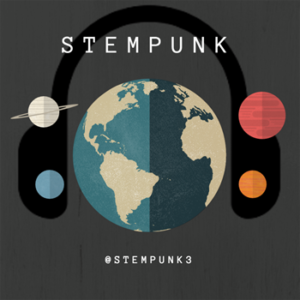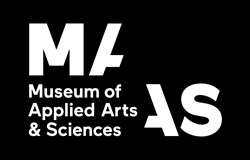When: Monday 12th November, 11:55am – 12:55pm
Where: Theatre, Level 2 down the stairs to the right of the registration/foyer area
Hashtag: #M7
How can we bring science to where people go? Find out how Inspiring Australia fosters lasting collaborations with regional communities to take science to new audiences. Learn how to grow science engagement activity and infrastructure through working with established networks. Discover what works and what doesn’t, the importance of working in partnership with local communities and understanding stakeholder needs.
Science engagement from the ground up – the NSW experience
Building STEM capacity in a rapidly evolving, global innovation system requires national effort on many levels – particularly at the grass roots. Inspiring Australia’s NSW Regional Science Hub network offers a low-cost response to this challenge. With modest funding support that is matched by partner investment, Science Hubs involve hundreds of organisations that come together at a local level to share skills and explore scientific issues. This capacity building approach helps increase scientific literacy through the delivery of creative and engaging public programs led by local communities. Discover how Science Hubs take the lead to create, collaborate and connect scientists with a diverse public, through festivals, events and programs that provide rich and memorable experiences for people of all ages.
Finding our way through discovery and creativity – the SA experience
Inspiring South Australia has experimented with a number of regional engagement strategies and has found a few to be especially effective in engaging communities with science. Its regional Science and Arts Working Together program is designed to tell the stories of science through the arts, bringing together science and arts organisations, groups and practitioners to create fascinating projects that feature local stories and discoveries while engaging the community in the development and in the telling. Another effective regional program is a partnership between Libraries SA, the Children’s Discovery Museum and Inspiring SA that equips librarians to deliver science programs to 3-5 year olds. Covering a range of concepts, Little Bang Discovery Club empowers both children and their accompanying adults as co-learners and collaborators in the investigative process.
Session Producer, Session Chair, Presenter
Jackie Randles, Manager Inspiring Australia NSW, Inspiring Australia
Presenter
Sheryn Pitman, Programme Manager Inspiring South Australia, South Australian Museum
